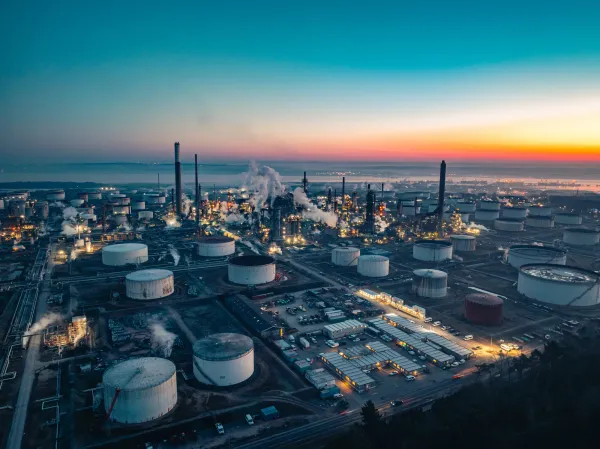
Nuclear pedestal - The key in Slovakia’s energy policy
In the second part of our energy overview, we present the Slovak energy system and its challenges
A collection of 9 posts

In the second part of our energy overview, we present the Slovak energy system and its challenges
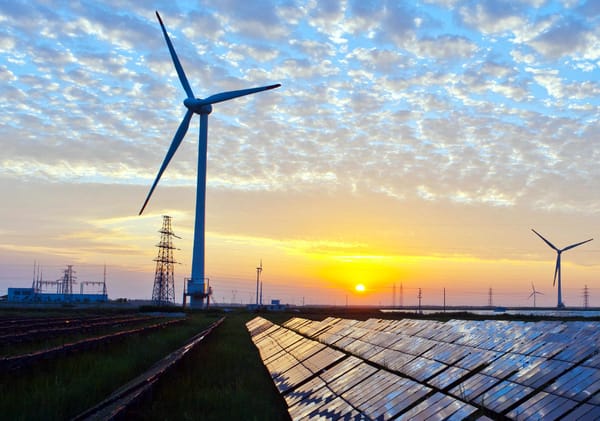
Natural gas prices skyrocketed in the second half of 2021 and 2022, as sanctions on imports from Russia, disturbances in natural gas supply and concerns regarding potential supply shortages affected the market and led to price spikes, Eurostat found in its new annual survey. Along with lower nuclear power plant

“There will be more and more renewable energy in Poland and other European countries,” E.ON Polska president Andrzej Modzelewski said in an interview with Gazeta Wyborcza published on Saturday, 29 April. The energy company executive told the Polish daily that “at E.ON, unlike at other operators, we are
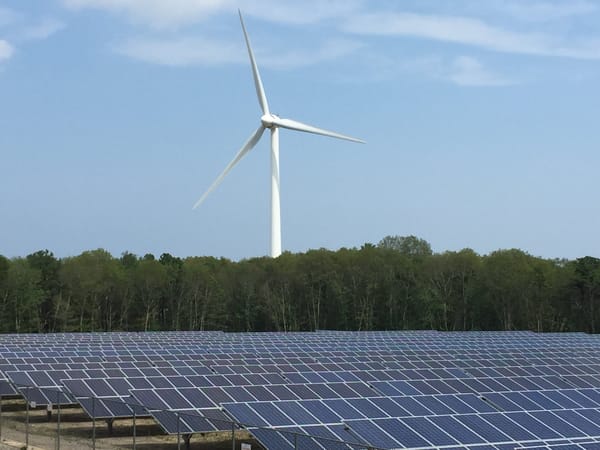
The Romanian Energy Ministry has launched a renewable energy tender call worth EUR 457.7mn for projects totalling 950MW capacity, which will be open to wind and solar with the added possibility of links to storage. Some EUR 372.7mn will go to projects over 1MW, and EUR 75mn to
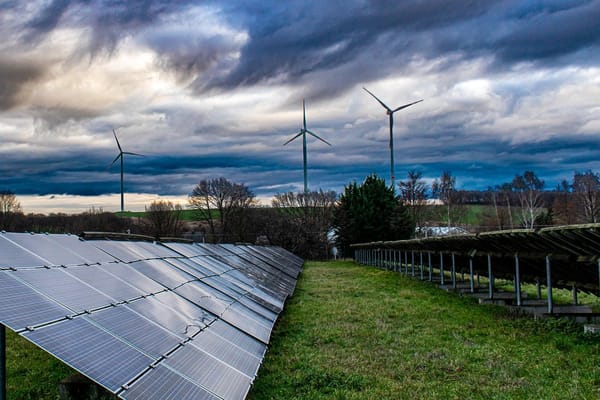
The European Commission (EC) is assessing whether the EU can ramp up its renewable energy target for 2030 from 40% to 45%, Reuters reported on Thursday. Russia is the EU’s biggest gas supplier, and in the wake of its invasion of Ukraine, the EC is keen to decrease its
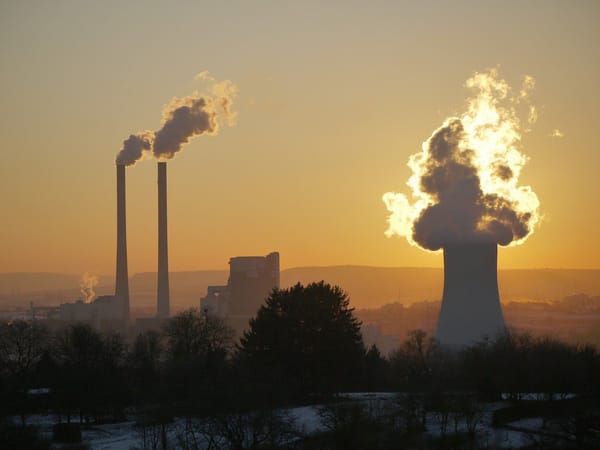
Soaring natural gas prices last year disrupted the long-term trend of renewable energies and gas replacing coal in Europe, according to a report by the think-tank Ember released today. “Legislation is the only way to guarantee that coal plants are closed by 2030; volatile gas prices have made it clear
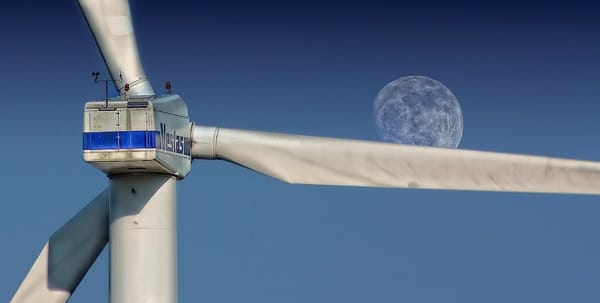
As the EU surpassed its target of 20% sustainable energy usage in 2020, the Central and Eastern Europe (CEE) high achiever was Latvia 42.1%, which was in 3rd place in the bloc as a whole, new Eurostat figures show. In total, 7 CEE countries were above the EU average

The Slovak government announced plans to the build the country’s largest solar park on Monday. State nuclear company JESS will construct the renewable energy development near the Jaslovenske Bohunice nuclear reactors. The EUR 60 million investment will result in Slovakia’s largest solar power plant, spread over a105-hectare site.

On a global scale, Estonia does not emit high levels of greenhouse gasses, but on a per capita basis, it is the second-largest emitter in Europe. The country has ambitious goals to reduce its greenhouse gas (GHG) emissions. Moreover, Estonia wants to be one of the top green energy producers.